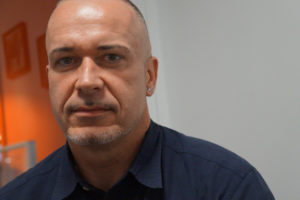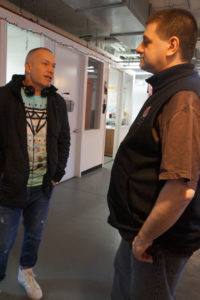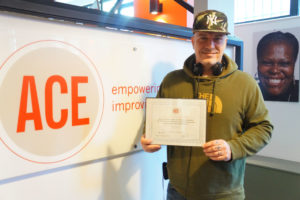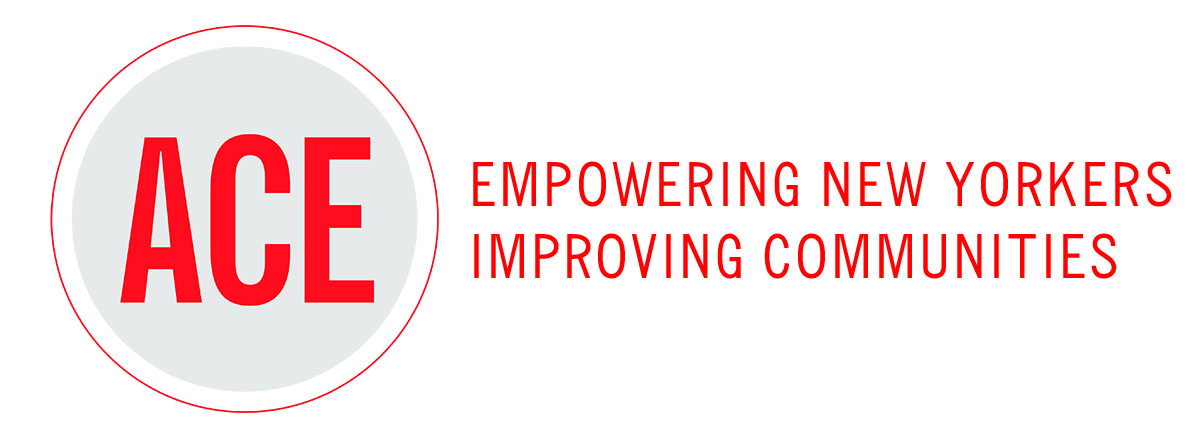 John grew up in Brooklyn in a middle class home, the youngest of 8 kids. He had a strong family support system and they helped him follow a positive track. John graduated high school, earned his bachelor’s degree, and spent his early adult life as a working professional.
John grew up in Brooklyn in a middle class home, the youngest of 8 kids. He had a strong family support system and they helped him follow a positive track. John graduated high school, earned his bachelor’s degree, and spent his early adult life as a working professional.
“I worked as a doorman in a really nice building,” he remembers. “The people living there were prominent doctors and lawyers. I walked their dogs and watered their plants. They trusted me.” Things were going well for John, he had a nice apartment, his own car, and strong relationships with his family.
“At the beginning, I didn’t know what I was getting involved in. But once I used a needle, forget it, it was all I cared about.”
In his late twenties, John started spending time with people who were using cocaine recreationally. That was the beginning of a new chapter in his life. He became comfortable with drugs, and by his thirties, John was using heroin. “At the beginning,” he says, “I didn’t know what I was getting involved in. But once I used a needle, forget it, it was all I cared about.”

John spent the next decade in a cycle of addiction. At times he was homeless, and at times he had a place to stay. Even when he had somewhere to stay, however, he often still spent his nights in the streets, following his addiction.
After years of getting by, the next turning point came in 2016 when John was arrested. “I was buying heroin on Broadway and Houston,” he remembers. “A van pulled up and a bunch of police with guns jumped out. I always thought that I would be the guy to get away with things. I ended up getting sent to Rikers for almost a year.”
“My family would visit and have to wait hours. The corrections officers strip-searched them. It’s not something you want to put your loved ones through.”
At Rikers, John sank into a deep depression. He was forced to confront the pain he was putting his family through. “I lost my will to live,” he recalls. “My family would visit and have to wait hours. The corrections officers strip-searched them. There are dogs that had to sniff them to make sure there was no contraband. It’s not something you want to put your loved ones through.”
John vowed then to change his life. After nearly a year at Rikers Island, he was released into an inpatient treatment program, and from there he was referred to ACE—where he would prepare to rejoin the workforce and start living independently.
John got started in ACE’s classes and industry-specific trainings, gained work experience cleaning neighborhoods in the city, and built relationships with the staff. As his confidence grew, he started focusing on finding job leads and submitting resumes.
“At first they kept their distance, but I’ve regained their trust. I’m an uncle to my nieces and nephews. Family is the most important thing to me.”
“ACE showed me what I should be putting on my resume and where to look for jobs,” he recalls. “I sent out a few hundred resumes. Getting replies from so many companies really brought my self-esteem back. I felt like I was worth something again.”

In October 2017, after two and a half months at ACE, John landed a job as a doorman at a performing arts school in Manhattan. It was his first full-time job in five years. “When they offered me the position it was unbelievable. I was ecstatic. All the time and effort meant something. I have benefits now. This is a career.”
John has established himself in his employment and sobriety, but most precious to him are the relationships he has won back with his family. “At first they kept their distance,” he says, “but I’ve regained their trust. I can be an uncle to my nieces and nephews now. Family is the most important thing to me.”
There are hundreds of men and women who, like John, are turning their lives around at ACE, and they rely on the generous support of community partners like you. Please consider making a gift today to empower New Yorkers with the skills they need to achieve their goals of employment, economic self-sufficiency, and family reunification.

